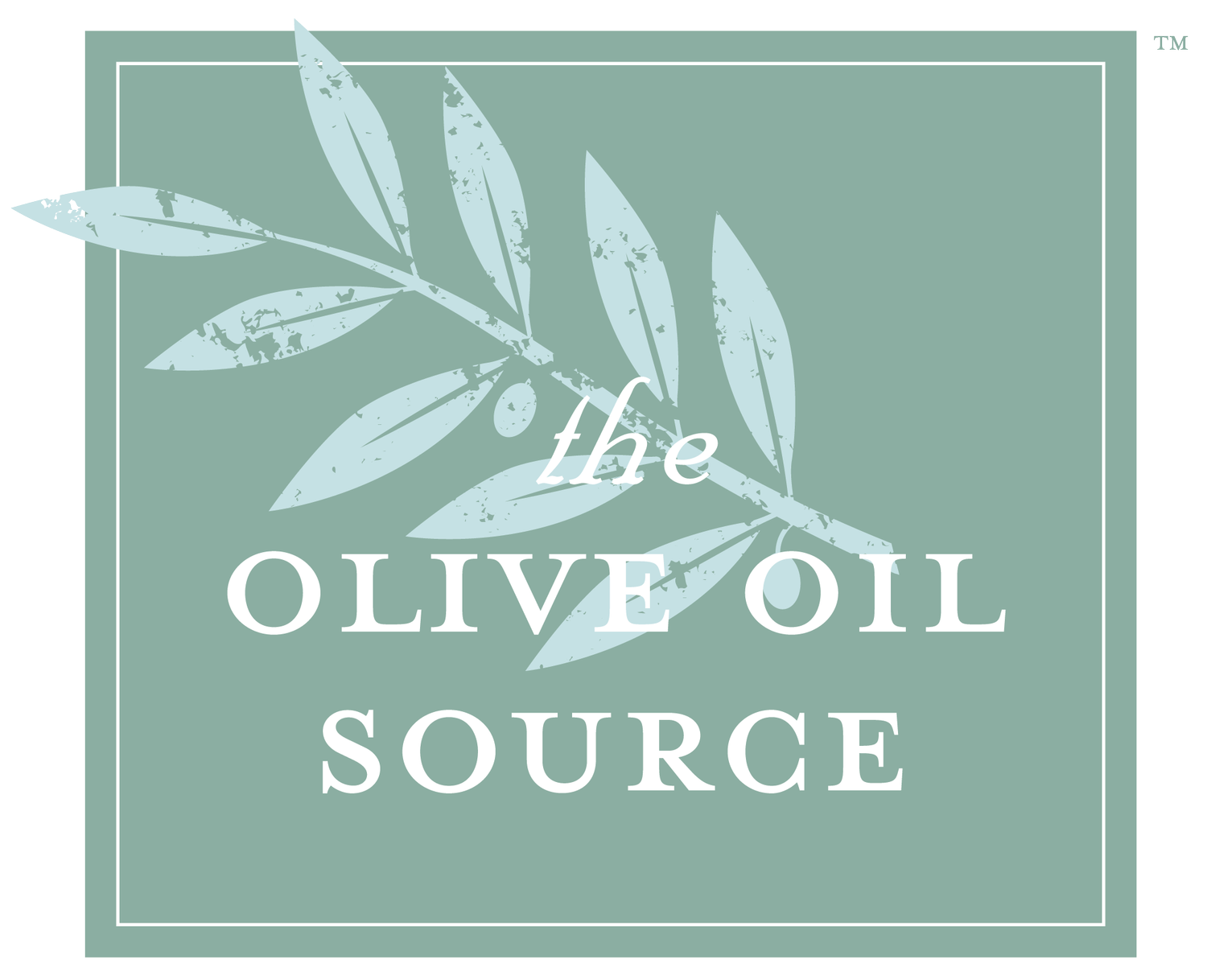
Diabetes and Olive Oil
According to the American Diabetes Association (ADA), the type of fat you eat is more important than your total fat consumption. They recommend eating less saturated fats which are unhealthy. Saturated fats raise blood cholesterol levels. High blood cholesterol is a risk factor for heart disease and people with diabetes are at high risk for heart disease.
ADA recommends replacing saturated fats by unsaturated fats. One of the ways to do this is to use olive oil instead of butter, margarine, or shortening when cooking. Keep in mind that all oils are high in calories and watch your consumption!
An added advantage is that olive oil is also linked to lower triglyceride levels and may help to offset a propensity for high triglyceride levels that many diabetics suffer from, which puts them at risk for heart disease.
There has also been published research reported by the ADA in Diabetes Care that indicates olive oil may be beneficial to reducing belly fat and insulin sensitivity. In sum, when researchers fed Type 2 diabetic patients different diets - a high carbohydrate diet, or a diet rich in either saturated fat or olive oil (Mediterranean diet) - the high carb diet increased abdominal fat compared to the fat-rich diets. Of the three diets, the diet rich in olive oil did best, preventing not only belly fat accumulation, but insulin resistance and a drop in adiponectin. Adiponectin, a hormone produced and secreted by fat cells (adipocytes), regulates sugar and fat metabolism, improves insulin sensitivity, and has anti-inflammatory effects on the cells lining the blood vessel walls.
The content of this web site is not intended to offer personal medical advice. You should seek the advice of your physician or other qualified health provider with any questions you may have regarding a medical condition. Never disregard professional medical advice or delay in seeking it because of something you have read on this web site.
